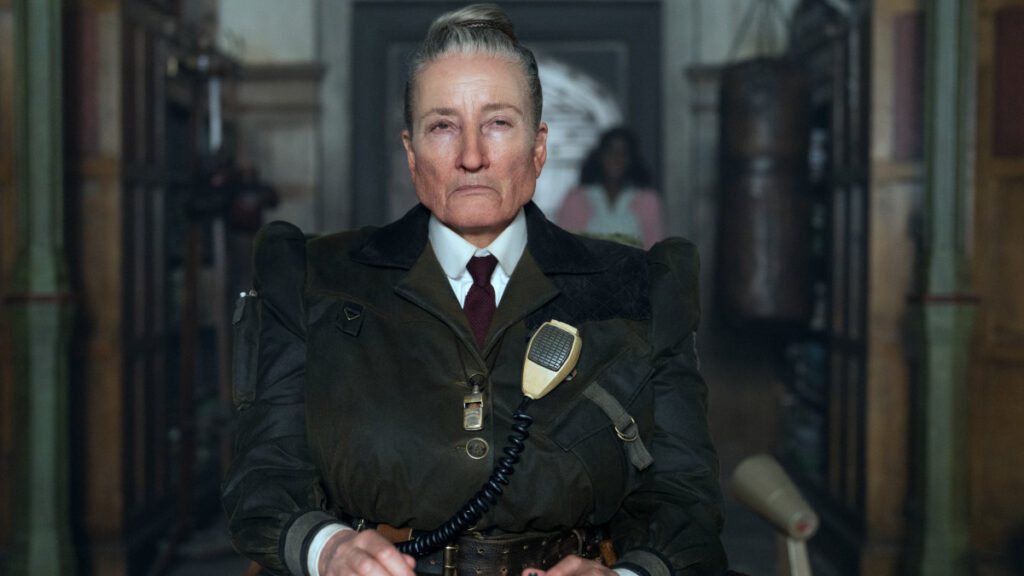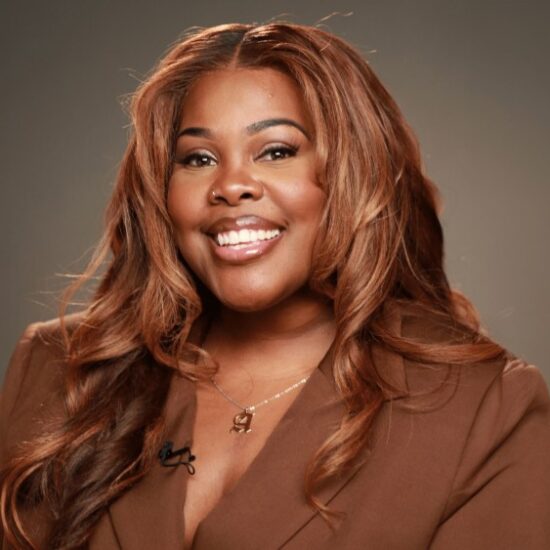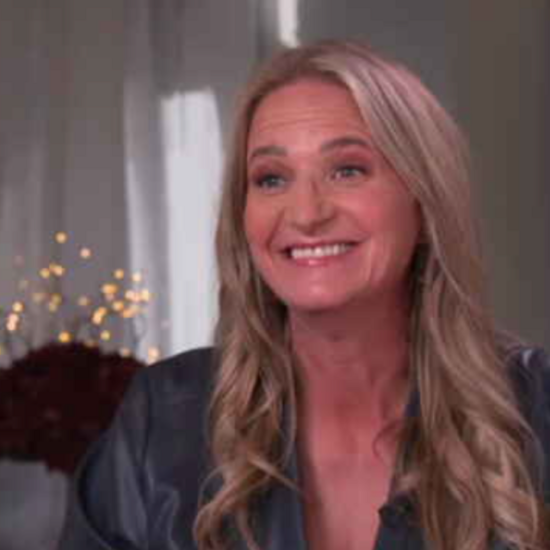
When actress Lashana Lynch took on the role of Miss Honey in Netflix’s “Roald Dahl’s Matilda the Musical,” she found herself immersed in the part in ways she didn’t quite expect.
“I stepped so far into Miss Honey that I started to worry about the children’s mental health,” she told TheWrap in a recent interview, referring to the contentious dynamic between Miss Honey and Emma Thompson’s evil Miss Trunchbull. Indeed, she said Thompson immersed herself similarly deep into the villain role, so much so that Lynch felt protective over the children on set — mirroring their onscreen dynamic.
“There were hundreds of children just watching Emma walk around with prosthetics and these teeth and these massive boots, and she was so unbelievably mean as this character,” Lynch continued. “She’s so committed as a thespian that you can’t not believe it. And a couple of times I was like ‘Emma, can we just tone it down?’ Because I was scared. I’m one of the kids now.”
But Lynch says she also ensured the kids all knew this was make-believe.
“I got the mic one day and said like ‘We’re going to create the best story in the world, it’s going to be the greatest ever right?’ And they were like ‘Yeah!’” she recalled. So I think that in the end, I just tried to get them on board as just being a team and it not being real and us just being in a fantasy land where we’re going to have this experience forever because we create it together.
Matthew Warchus’ latest rendition of the Roald Dahl classic, which started out as a book before being adapted into the 1996 film as well as the stage musical based on Dennis Kelly and Tim Minchlin’s script, takes audiences on the familiar whimsical journey through the life’s hopes, dreams and high points — spurred by wonder and imagination — as well as the darker, more dreary parts like the monotony of school and the restrictions that come with educational institutions.

“Roald Dahl has such an imagination that you have no choice but to dive into his stories headfirst and be a part of it. They’re just so — it seems — advanced for a child, but really what it is, is coming to a child as a human being and realizing that they understand so much more than we think they’re capable of sometimes,” Lynch said. “We want to protect them so much that we forget that, and with it being dark, I think that it’s important as adults to remember that children aren’t afraid of the dark like that. Darkness, they actually embrace it. They find it exciting and they run with it and they teach us as adults to not run away from it.”
Lynch praised Warchus’ lighter approach as well as the film’s refusal to shy away from the more challenging parts of reality.
“I think in there being a lightness of touch with Matthew’s direction, with me, actually stepping into being their caregiver at times on set, speaking with the chaperones and parents getting into their minds, and what they could be going through,” she said. “And also taking time to show the children that Lashana and Emma are a fun time and aren’t actually these people and are really deep into the story as you are, so if we are all committed and on the same page. Then we’re just here to play, to have a good time to play and to create the best story in the world.”
She also referenced Dahl’s “James and the Giant Peach” as a memorable childhood read, in which darkness abounds with James and his insect friends literally living inside a peach after the orphaned boy escapes his dreary lifestyle with his aunts.
“They use [darkness] to be able to not be as afraid as they maybe once were when they’re younger, and they get a lot of courage from it. So really, you know, we brought a lot of lightness and touch through there being music in the film and bright moments and comedic moments, but really, it’s those darker moments that remind young people that real life is happening, and that even though it’s happening around them and maybe even within them, that they’re still going to be fine,” she continued.
It’s the focus on the darker aspects of reality in “Matilda” that Lynch thinks resonates with audiences of all ages.
“I think if we coddled them and we just gave continued fluffy stories, then we wouldn’t give them the grit and the thick skin that they need to survive in this world. And I think we struck a balance in the darkness and the lightness within the film,” she said. “Matthew did an incredible job at ensuring that we weren’t patronizing the children but we also weren’t like scaring the living daylights out of them. We were giving them a real life story, both for the adults and for the children, and I think the joining of the two made for a really nice balance actually.”
“Matilda the Musical” is currently streaming on Netflix.
















